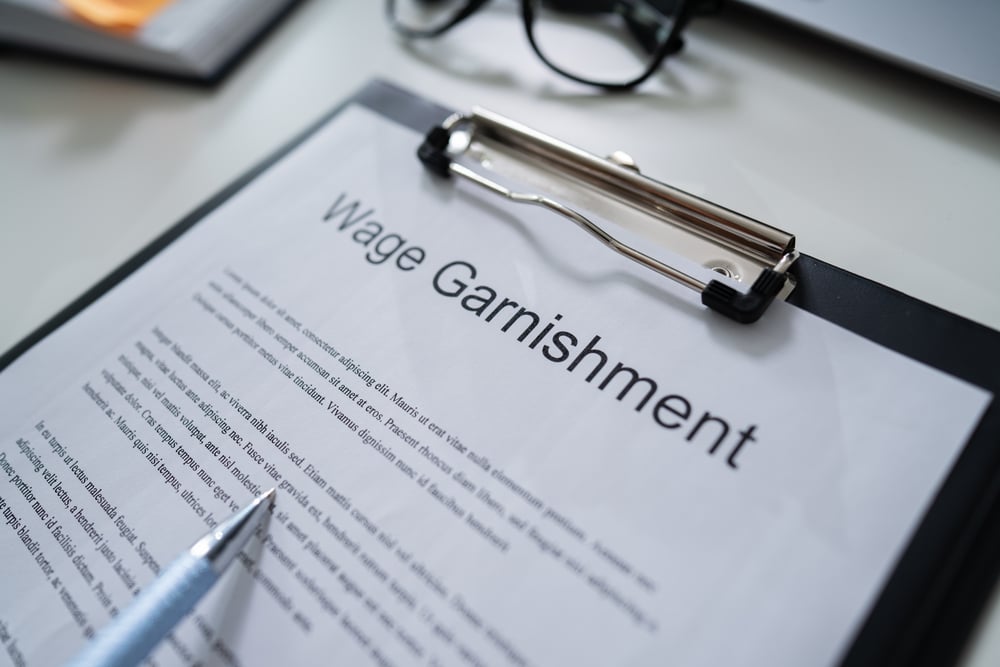
Being in default to the IRS is entirely different than owing money to a credit card company or a hospital. In fact, while most creditors must obtain a court order to garnish your income, the IRS can levy your wages without one.
Because being garnished by the IRS often proves to be a grave and legally complicated matter, you should understand what you can do to appeal the garnishment and remove the levy from your paycheck. After you receive a notice to levy from the IRS, you should take these steps to protect your income.
Appeal within 30 Days of Notice
Acting quickly must be your first priority when you receive a notice to levy from the IRS. Within 30 days, you must contact the IRS by calling the telephone number on the notice and request an appeal. You can request an appeal if:
- Your debt to the IRS has already been paid in full
- You were notified of the intent to levy during an active bankruptcy filing
- Your debt's statute of limitation has expired
- An error was made during the tax assessment
- You qualify to file for innocent spouse relief
- You were previously not given the chance to appeal the debt
If you meet any of these circumstances, you could file for an appeal and have your tax debt reconsidered.
Use the Proper Appeal Form
When you plan to file for an appeal, you must use the proper IRS form to start this process formally. You can find the form 12153 on the IRS website. It must be completed entirely and mailed to the division of the IRS stated on your notice.
It cannot be scanned and emailed, nor faxed to this division. You must mail it within 30 days after you receive the notice to levy.
Contest the Appeal Decision
After the IRS has decided your appeal, you can still avoid being garnished by contesting the decision. As with filing an appeal, you must contest the decision within 30 days' time after it is rendered.
Because contesting it can be a lengthy, complicated, and confusing undertaking, you would do well to hire a tax professional to guide you. The IRS mandates that protocol be followed precisely if you want a favorable outcome. A tax professional can make sure every minute detail of the contest is met and that you are within the guidelines for taking on this matter successfully.
File for Garnishment Exemption
As with a regular wage garnishment, you could file for an exemption in court if you believe that you cannot afford to be garnished by the IRS. When you ask the court for this relief, you must have documentation that supports your argument. The court will want to know details about your finances and household like:
- Your total household income
- The number of dependents you support
- Your rent or mortgage payment amount and other bill amounts you pay each month
- Any unique circumstances like being disabled that could affect your ability to provide for your family
If the court finds that you legitimately cannot afford the garnishment, it may order the IRS to release the levy. However, if you plan to ask for an exemption, you may fare better by relying on a tax professional to advise you throughout this legal process.
Just like other creditors, the IRS makes sure that every debt that is owed to it is paid in full. When you receive a notice to garnish your wages, you can avoid the financial hardship that comes with this action by filing for an appeal. Before you file for an appeal, however, you should understand what methods are available to you.




